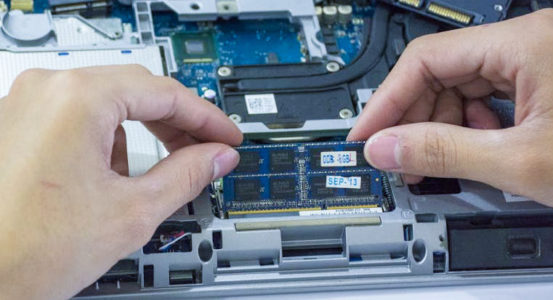- 46% of Gen Z say chipset performance shapes their smartphone choices.
- 30% are shifting to premium games for smoother speed and graphics.
- 72% see connected cars as the future of driving.
- MediaTek leads in loyalty (50%) and boasts a strong Net Promoter Score (NPS) of 60
- Qualcomm holds its premium edge, with 45% of Gen Alpha willing to pay more.

New Delhi, 30 April 2025. India’s Gen Z—the first true generation of digital natives born into the smartphone era—is leading the charge in embracing technology-led experiences, from mobile to mobility. This generation is deeply fascinated by AI and Generative AI, while also recognizing the central role of technology in shaping the next wave of smart cars. According to a new survey by CyberMedia Research (CMR), roughly four in ten Gen Z tends to adopt new technologies as soon as they become available —a reflection of their curiosity and readiness to experiment. A case in point: The recent viral Ghibli filter trend on social media, which saw millions engaging with Gen AI-powered visual storytelling. No surprise then, the broader consumer base is catching-up. The CMR survey points to nearly one in two consumers being familiar with AI, and roughly one in three consumers are already experimenting with and integrating Generative AI into their daily lives.
According to Prabhu Ram, VP – Industry Research Group (IRG), CyberMedia Research (CMR), “Gen Z is at a remarkable inflection point in history. They are the first globally connected generation, united by a shared fluency in technology. For them, smartphones are not just devices—they are expressions of identity and tools for exploration. They demand high performance, whether it’s for gaming, content creation, or even in their expectations from cars, which they increasingly view as infotainment hubs. Powering all these seamless experiences are the next-generation chipsets.”
CMR’s survey offers a deep dive into Gen Z’s perspectives around technology—how they engage with it, what they expect, and where they are headed. Here are the key findings:
Smartphone Gaming:
- Nearly three in four Gen Z gamers (74%) undertake smartphone gaming for up to 6 hours each week.
- 66% Gen Z discovers games through their friends. 55% discover it through social media.
- 30% of Gen Z are now gravitating toward premium gaming experiences, valuing quality over cost.
- Competitive play is on the rise: 57% of Gen Z participate in eSports.
Smart Mobility:
- 72% of Gen Z recognize the power and potential of Connected Vehicles in transforming the driving experience. Gen Z seeks smart cars that deliver on:
- Advanced safety features (59%)
- Energy efficiency and sustainability (56%)
- Fast charging and extended battery life (52%)
Chipsets: The Quiet Powerhouse Behind Seamless Digital Experiences
- Performance and brand trust are key decision factors when it comes to choosing smartphones. Gen Z is increasingly willing to invest in devices backed by trusted chipset brands, particularly MediaTek Dimensity and Qualcomm Snapdragon.
- Brand awareness among younger generations is comparable for the top chipset players. Among Gen Z, MediaTek and Qualcomm are nearly tied at 55% and 52%, respectively. Among Gen Alpha, MediaTek stands at 55% and Qualcomm at 53%.
- MediaTek holds a slight lead in customer satisfaction, with 46% of users expressing satisfaction, compared to 42% for Qualcomm.
- Qualcomm continues to retain its premium positioning, with 40% of its users willing to pay more for devices powered by its chipsets. This figure increases to 45% among Gen Alpha. Qualcomm has a Net Promoter Score (NPS) of 56.
- In terms of brand loyalty, MediaTek leads with 50% of its users likely to continue with the brand. MediaTek enjoys a high level of brand advocacy, with a Net Promoter Score (NPS) of 60.
“Today’s digital-first consumers are no longer passive users—they are informed and discerning, especially when it comes to what powers their devices. Chipsets are now central to delivering the seamless, AI-driven experiences that Gen Z and Gen Alpha expect. As these generations grow more aware of performance metrics, brand reputation, and AI capabilities, chipset brands must continue to innovate and differentiate to stay relevant,” added Surachita Deb Sharma, Analyst, CyberMedia Research (CMR).













